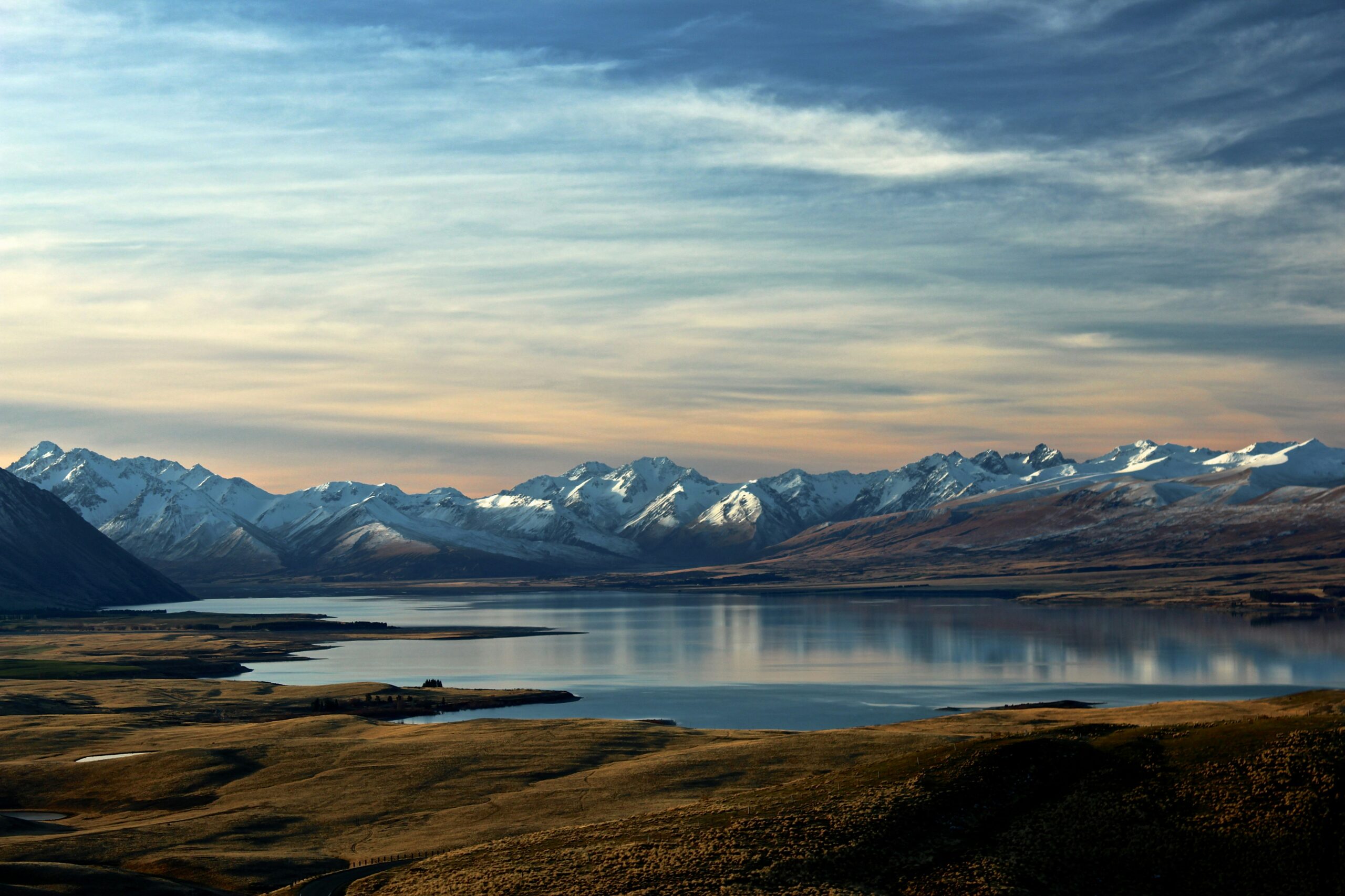Introduction
Welcome to New Zealand, a country known for its stunning landscapes, diverse wildlife, and vibrant culture. Whether you are planning a visit, considering a study or work opportunity, or exploring business prospects, this guide will provide you with all the essential information you need to know about this beautiful island nation.
Location and Surface Area
New Zealand is located in the southwestern Pacific Ocean, approximately 2,000 kilometers southeast of Australia. It comprises two main islands, the North Island and the South Island, as well as numerous smaller islands. The total land area of New Zealand is around 268,000 square kilometers, making it slightly larger than the United Kingdom.
Climate
New Zealand experiences a temperate maritime climate, with mild and relatively wet winters and warm summers. However, due to its diverse topography, the weather can vary significantly from region to region. The North Island generally has a subtropical climate, while the South Island tends to be cooler. It is advisable to pack layers and be prepared for sudden changes in weather, especially if you plan to explore different parts of the country.
Fauna and Flora
New Zealand is renowned for its unique and diverse wildlife. The country is home to a wide range of native bird species, including the iconic kiwi, as well as the flightless takahe and the playful kea. The marine life is equally impressive, with opportunities for whale watching and swimming with dolphins. In terms of flora, New Zealand boasts lush forests, picturesque vineyards, and beautiful native plants such as the silver fern, which is a symbol of the country.
Attractions
From breathtaking fjords and pristine beaches to geothermal wonders and snow-capped mountains, New Zealand offers a plethora of attractions for nature lovers and adventure enthusiasts. Explore the stunning landscapes of Fiordland National Park, hike the famous Tongariro Alpine Crossing, or indulge in adrenaline-pumping activities like bungee jumping and skydiving in Queenstown. For those seeking cultural experiences, Maori cultural performances and visits to traditional villages provide insights into the rich indigenous heritage of the country.
Population
New Zealand has a population of approximately 5 million people. The majority of the population is of European descent, followed by the indigenous Maori and other ethnic groups. The country is known for its welcoming and inclusive society, with a strong emphasis on multiculturalism and diversity.
Currency
The official currency of New Zealand is the New Zealand Dollar (NZD). Cash and cards are widely accepted, and ATMs are readily available in urban areas. It is advisable to inform your bank about your travel plans to avoid any issues with accessing your funds while in the country.
Visa
Visitors to New Zealand may require a visa, depending on their nationality and the purpose and duration of their stay. It is recommended to check the official website of Immigration New Zealand or consult with the nearest New Zealand embassy or consulate to determine the visa requirements that apply to you. The visa application process is generally straightforward, and there are different types of visas available for tourists, students, workers, and business visitors.
Official Languages
The official languages of New Zealand are English, Maori, and New Zealand Sign Language. English is widely spoken and understood throughout the country, making communication easy for visitors. Maori, the language of the indigenous Maori people, holds a special cultural significance and is experiencing a revival in recent years.
Culture and Customs
New Zealand has a rich cultural heritage, influenced by both Maori and European traditions. The Maori culture plays a significant role in the country’s identity, and visitors have the opportunity to learn about Maori customs, arts, and traditions through cultural performances, museums, and guided tours. Kiwis (New Zealanders) are known for their friendly and laid-back nature, and it is customary to greet people with a handshake and a smile.
Hospitality
New Zealanders are renowned for their warm hospitality and welcoming nature. Whether you are visiting a local cafe, staying in a bed and breakfast, or attending a cultural event, you can expect to be greeted with genuine friendliness and helpfulness. Don’t hesitate to ask for recommendations or assistance during your stay, as Kiwis are always happy to share their knowledge and make your experience memorable.
Main Cities
New Zealand has several vibrant cities that offer a mix of urban amenities and natural beauty. Auckland, located in the North Island, is the largest city and a bustling hub of commerce and culture. Wellington, the capital city, is known for its vibrant arts scene and picturesque harbor. Christchurch, in the South Island, is a city of resilience, with a thriving rebuild after the devastating earthquakes in 2010 and 2011. Other notable cities include Queenstown, Dunedin, and Hamilton, each offering its own unique charm and attractions.
Airports and Airlines
New Zealand has several international airports, with Auckland Airport being the busiest and most well-connected. Other major international airports include Wellington Airport and Christchurch Airport. Air New Zealand, the national carrier, offers a comprehensive network of domestic and international flights. Other international airlines also operate flights to and from New Zealand, providing convenient travel options for visitors from around the world.
Conclusion
New Zealand truly is a destination that offers something for everyone. Whether you are captivated by its natural wonders, fascinated by its rich cultural heritage, or enticed by its business opportunities, this beautiful country promises an unforgettable experience. Plan your visit, explore the possibilities, and embark on a journey of discovery in the land of the long white cloud.

